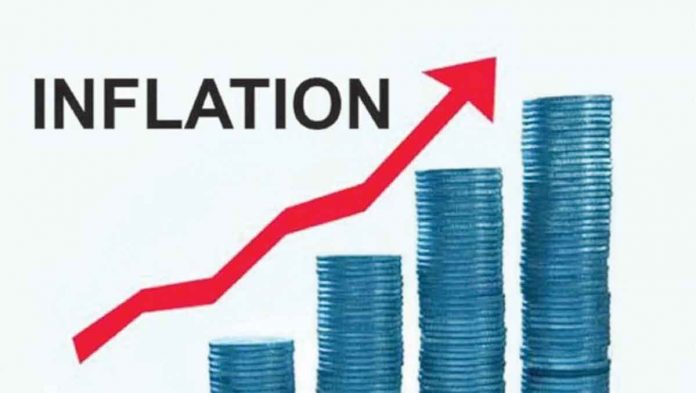
MANILA – The government reported that inflation rate rose to 4.9 percent in April, higher by 0.9 percentage points than the inflation rate in March.
The Philippine Statistics Authority (PSA) said April inflation rate is the fastest since January 2019.
“The increase in the country’s inflation was mainly brought about by the higher annual increase in the index for food and non-alcoholic beverages at 3.8 percent; transport, 13 percent; and housing, water, electricity, gas, and other fuels, 6.9 percent,” the PSA said.
In a statement, the Bangko Sentral ng Pilipinas (BSP) said the pace of price increase of goods and services last month remains with its forecast range of 4.2 to 5 percent.
“The inflation outturn is consistent with the BSP’s assessment that inflation will remain elevated over the near term due to the continued volatility in global oil and non-oil prices, reflecting largely the continued impact of the conflict in Ukraine on global commodities market,” the central bank said.
The BSP added inflation at end-2022 will settle above the government’s target range, but this is expected to slow down by 2023 with the easing of supply-side pressures.
It cited upside risks over the near terms, which include shortage in domestic food supply and from the potential impact of higher oil prices on transport fares.
On the other hand, downside risks include lingering threats of coronavirus disease 2019 (COVID-19) pandemic as new strains continue to emerge that “could temper the global economic recovery and prompt the reimposition of containment measures”.
“Latest assessment also indicates that domestic economic activity has gained stronger traction with the easing of remaining mobility restrictions. However, heightened geopolitical tensions and a resurgence in COVID-19 infections in some countries have also clouded the outlook for global economic growth. Supply-chain disruptions could also contribute to inflationary pressures, and thus warrant closer monitoring to enable timely intervention in order to arrest potential second-round effects,” BSP said. (PNA)







